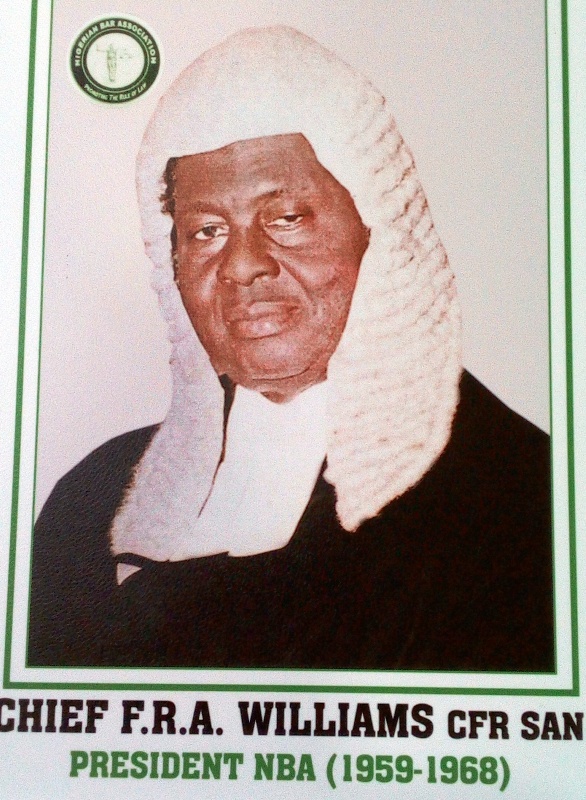
Preceding the onset
of colonialism and subsequent introduction of English-type courts by the
British, the concept of Law, settlement of dispute, or conflict resolution and
justice was not unknown to what was to become Nigeria
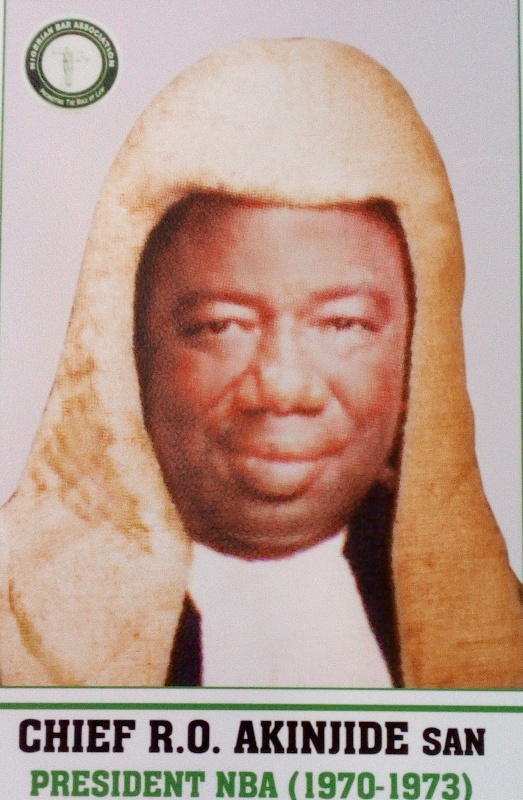
Before the fusion of the Southern and Northern territories in 1914, the territories consisted of politically and legally independent tribes which had set-in-place mechanisms for addressing conflicts, such as mediation, adjudication, reconciliation, and negotiation as well as cross examination, which offered great prospects for peaceful co-existence and harmonious relationships post-conflict than the modern method of litigation settlements in law courts
the Lagos colony of Nigeria in 1863. Pursuant to Section 71 the Supreme Court Ordinance
of 1876, a person could only qualify to practice law in Nigeria if they
have been called to bar or admitted as solicitors in England, Scotland or Ireland
Christopher Alexander
Sapara Williams was the first qualified indigenous lawyer called to the English
bar in 1879, he later became Chairman of the Nigerian Bar Association in 1900.
Although this was prior to the formal establishment of the Nigerian Bar
Association, history has it that lawyers in Nigeria had already been organizing
themselves and holding meetings periodically to deliberate on issues or matters
of interest and matters pertaining to the legal profession
The Legal Profession is one of the oldest professions in modern Nigeria
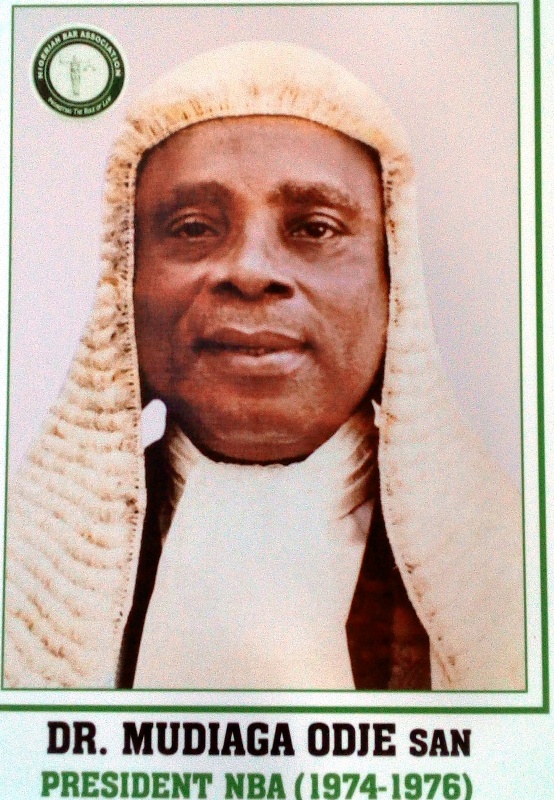
Although legal
practice in Nigeria dates as far back as the 19th century, it was
only until about five decades ago, precisely 1959, that the Nigerian Bar
Association (NBA) came into being
The Nigerian Bar Association (NBA) is the non-profit, umbrella professional
association for all lawyers who complete and meet all the licensing
requirements for admission to the Bar in Nigeria. The Nigerian Bar Association
has 125 active branches across the 36 states and the Federal Capital Territory
of Nigeria. The current president of the Nigerian Bar Association is Paul
Usoro, SAN.
Below is a list of
chairmen of the Nigerian Bar Association before 1959:
|
S/N |
NAME |
DATE |
|
|
Christopher Sapara |
1900 -1915 |
|
|
Sir Kitoyi Ajasa |
1915 – 1937 |
|
|
Eric Olawale Moore |
1937 – 1944 |
|
|
E.J. Alex Taylor |
1944 – 1950 |
|
|
Sir Adeyemo Alakija |
1950 – 1952 |
|
|
Jubril Martin |
1952 – 1959 |
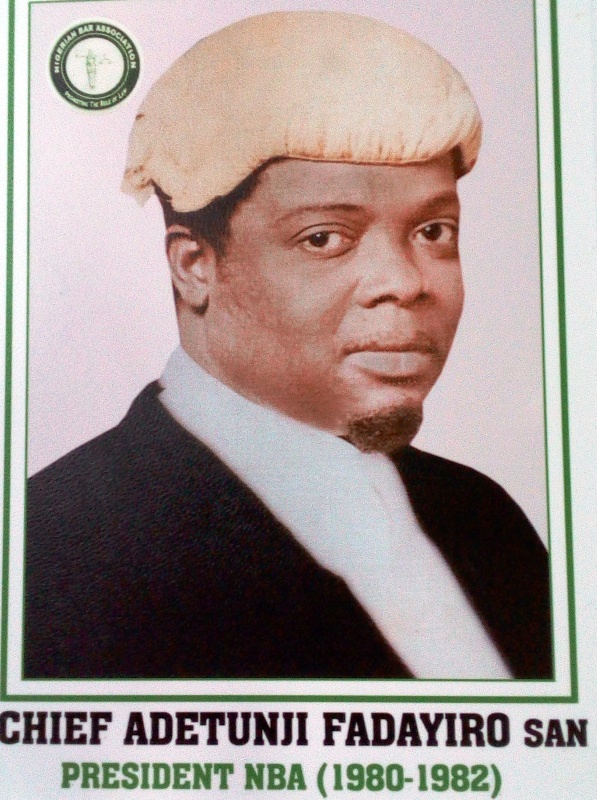
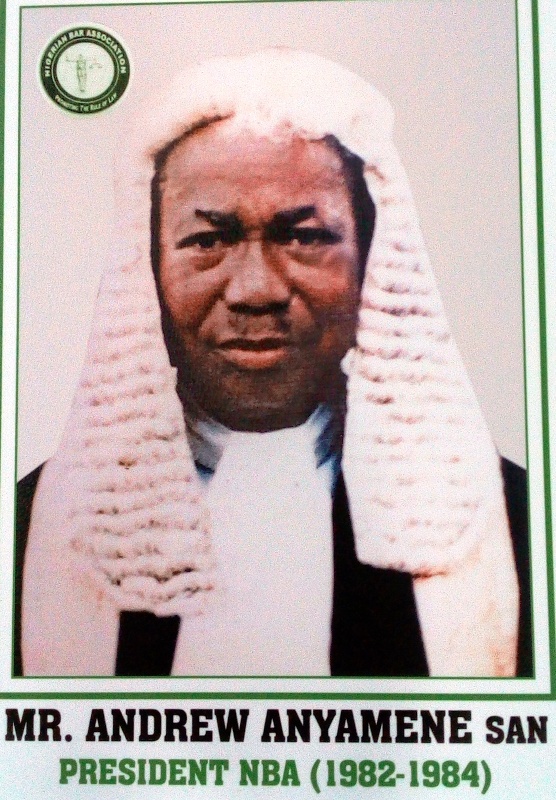
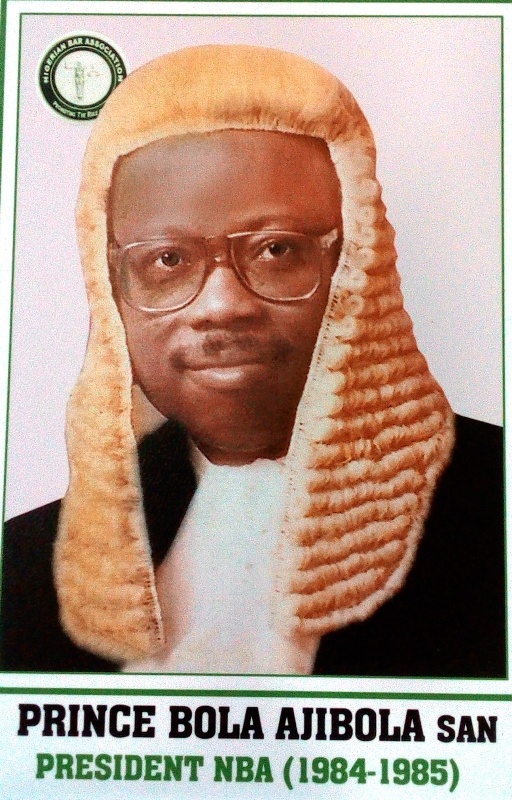
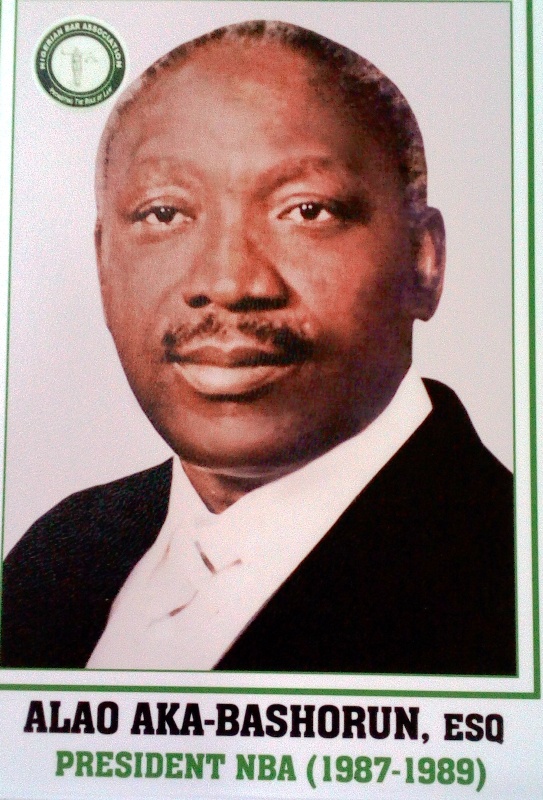
Although legal
practice in Nigeria dates as far back as the 19th century, it was
only until about five decades ago, precisely 1959, that the Nigerian Bar
Association (NBA) came into being
The Nigerian Bar Association (NBA) is the non-profit, umbrella professional
association for all lawyers who complete and meet all the licensing
requirements for admission to the Bar in Nigeria. The Nigerian Bar Association
has 125 active branches across the 36 states and the Federal Capital Territory
of Nigeria. The current president of the Nigerian Bar Association is Paul
Usoro, SAN.
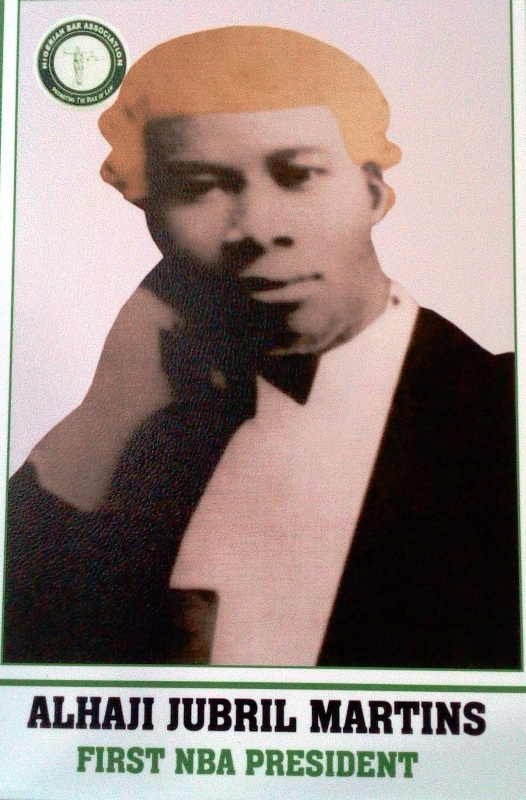
Following the formal
establishment of the Nigerian Bar Association, the title of leadership of the
Bar changed from Chairman to President. Below is the list of Presidents, who
had similar authority to the former Chairmen:
|
|
Frederick Rotimi |
1960 – 1968 |
|
|
Peter Thomas |
1968 – 1969 |
|
|
Chief B.M. Boyo |
1969 – 1970 |
|
|
Chief Richard Akinjide |
1970 – 1973 |
|
|
Chief Adebayo |
1973 – 1974 |
|
|
Dr. Mudiaga Odge |
1974 – 1975 |
|
|
Dr. Nwakanma Okoro |
1976 – 1978 |
|
|
Chief B.O. Benson |
1978 – 1980 |
|
|
Chief Adetunji |
1980 – 1982 |
|
|
A.N. Anyamene |
1982 – 1984 |
|
|
Prince Bola Ajibola |
1984 – 1985 |
|
|
Ebele Nwokoye |
1985 – 1987 |
|
|
Alao Aka-Bashorun |
1987 – 1989 |
|
|
Charles Idehen |
1989 – 1991 |
|
|
Chief Clement |
1991 – 1992 |
|
|
Priscilla Kuye |
1991 – 1992 |
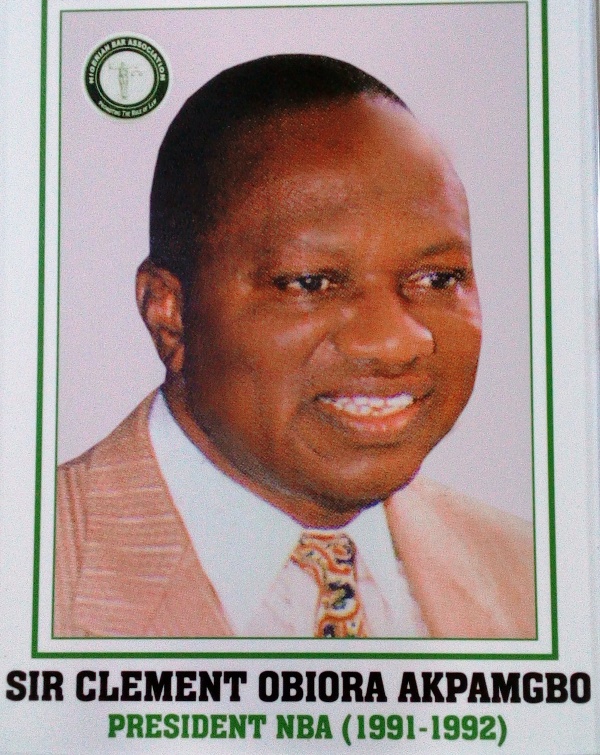
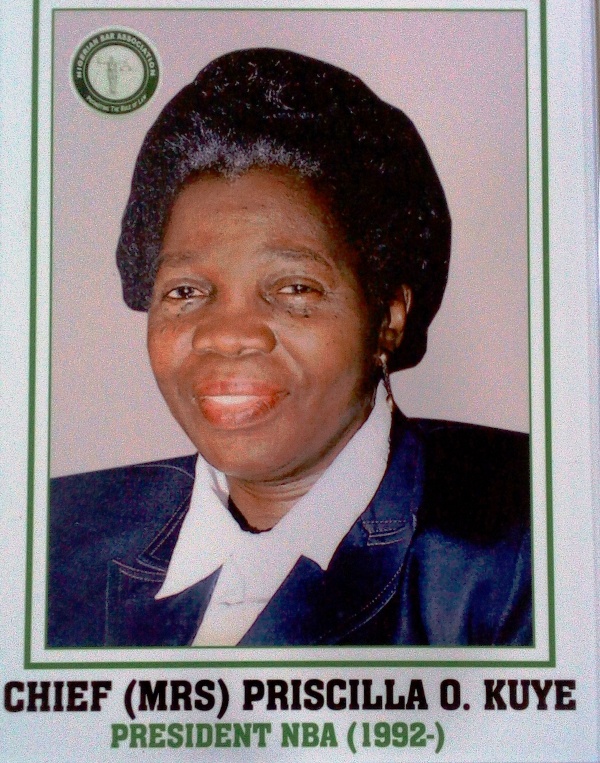
Between 1992 to 1998,
the Nigerian Bar Association had no president. The national body of the NBA was
thrown into a state of abeyance as a result of the leadership conference crisis
which occurred in Port-Harcourt
Following the awakening of the NBA in 1998, the presidents of the NBA were:
|
|
Chief T.J.O. |
1998 – 2000 |
|
|
O.C.J. Okocha, SAN |
2000 – 2002 |
|
|
Chief Wole |
2002 – 2004 |
|
|
Chief Bayo Ojo, SAN |
2004 – 2005 |
|
|
Prince Lanke |
2005 – 2006 |
|
|
Olisa Agbakoba |
2006 – 2008 |
|
|
Chief Oluwarotimi |
2008 – 2010 |
|
|
Joseph Bodurin |
2010 – 2012 |
|
|
Okey Wali, SAN |
2012 – 2014 |
|
|
Augustine Alegeh, |
2014 – 2016 |
|
|
Mahmoud Abubakar |
2016 – 2018 |
|
|
Paul Usoro, SAN |
2018 till date |
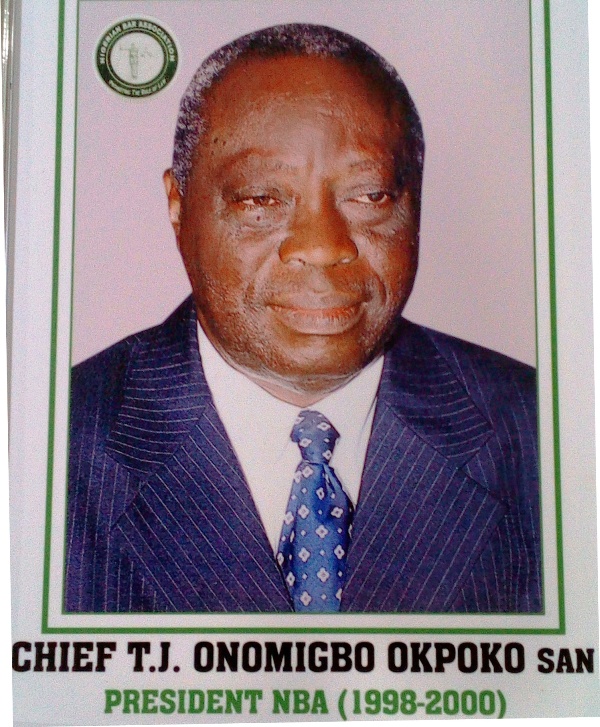
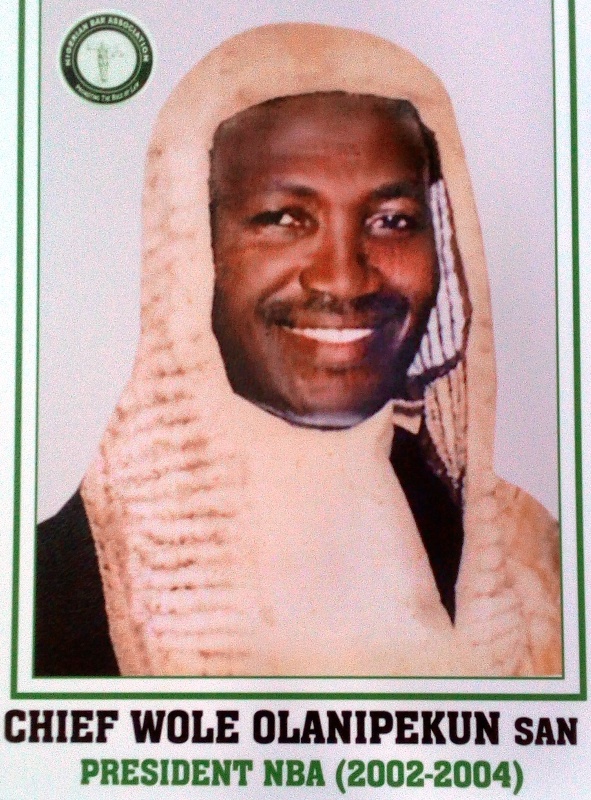
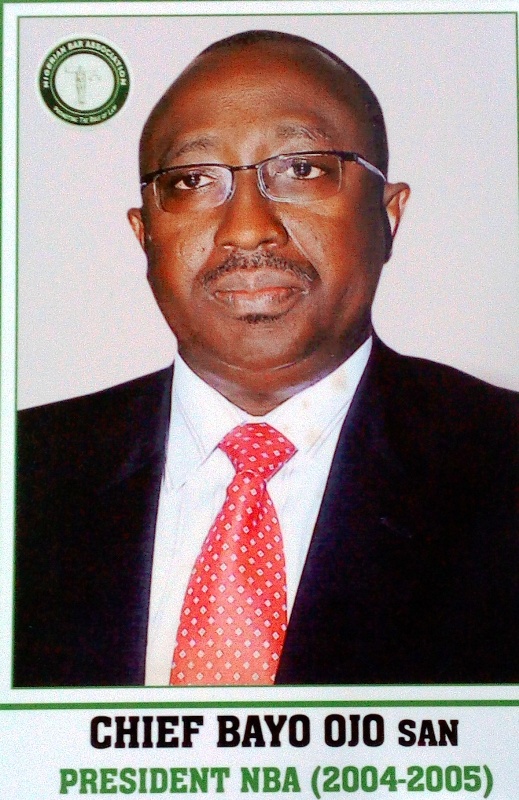
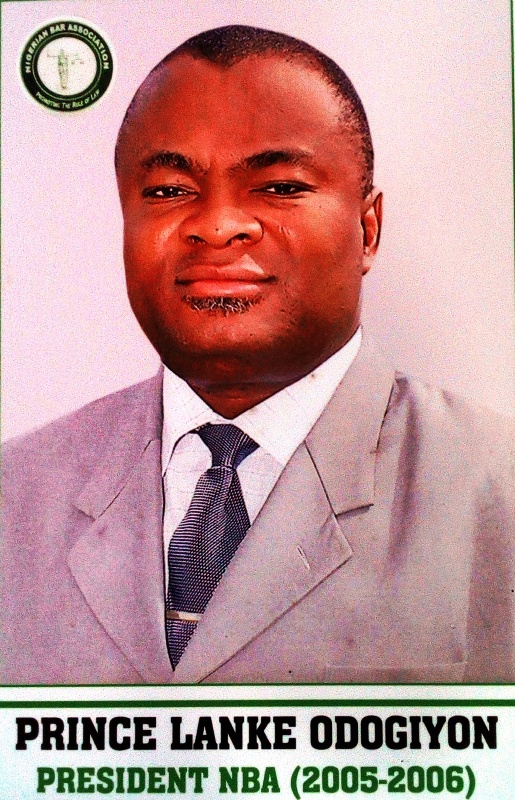
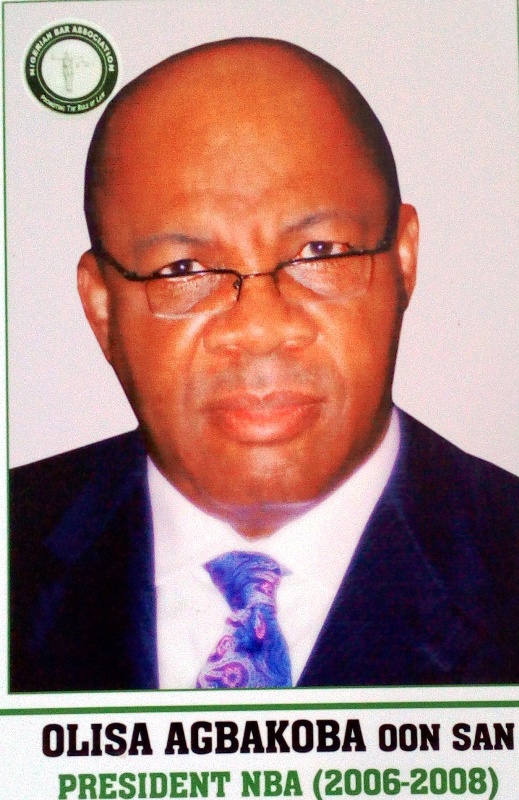
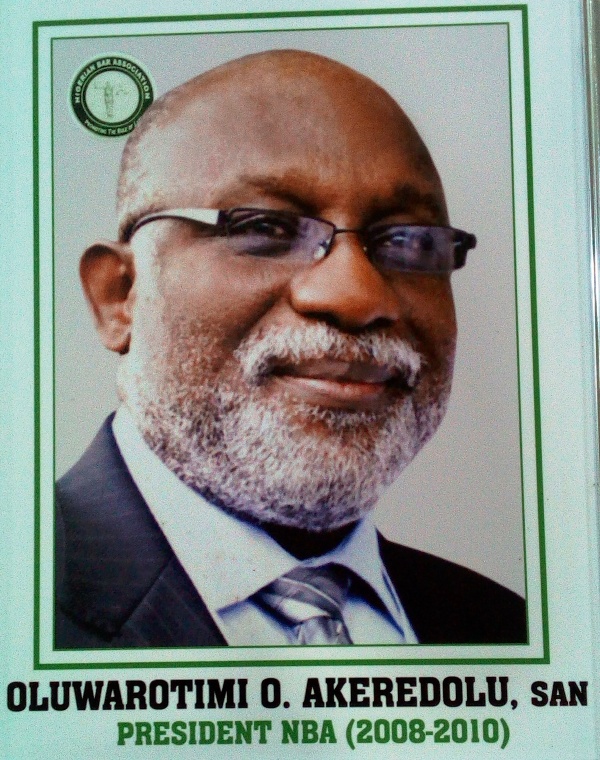
The Nigerian Bar
Association aims at ensuring the promotion and protection of human rights, the
rule of law and good governance in Nigeria. The association concerns itself with
the process of imbibing and respecting the dictates of democracy and the
enforcement of judgements, especially by government agencies. The NBA Court
Boycott of 2006, under the leadership of Lanke Odogiyo, is a befitting
illustration of the influence of the association. The boycott was a protest
against the contempt and ridicule of the rule of law by politicians, persistent
disobedience of court orders and the violation of fundamental rights of
citizens
huge success and one of the many victories of the NBA. In the words of Lawal-Rabana,
when the Bar talks, the nation listens.
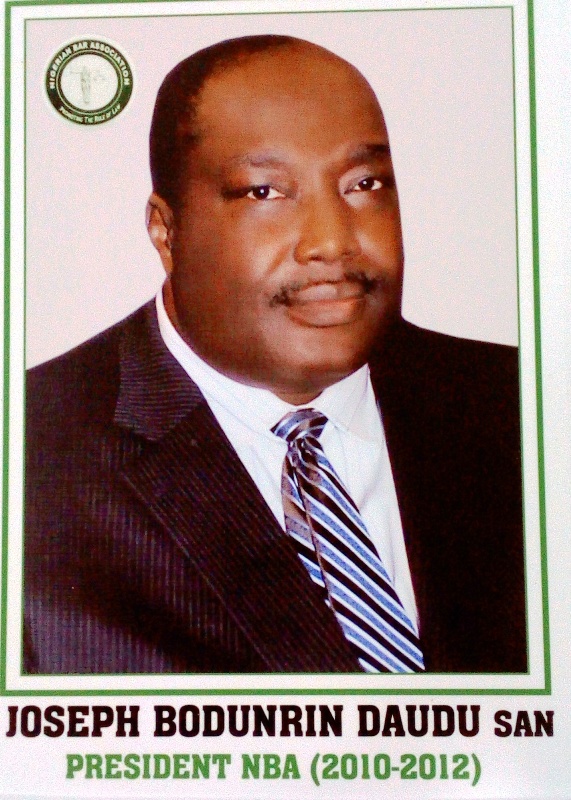
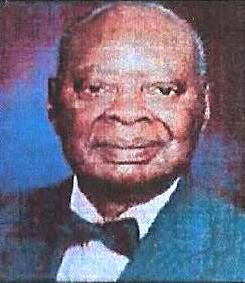
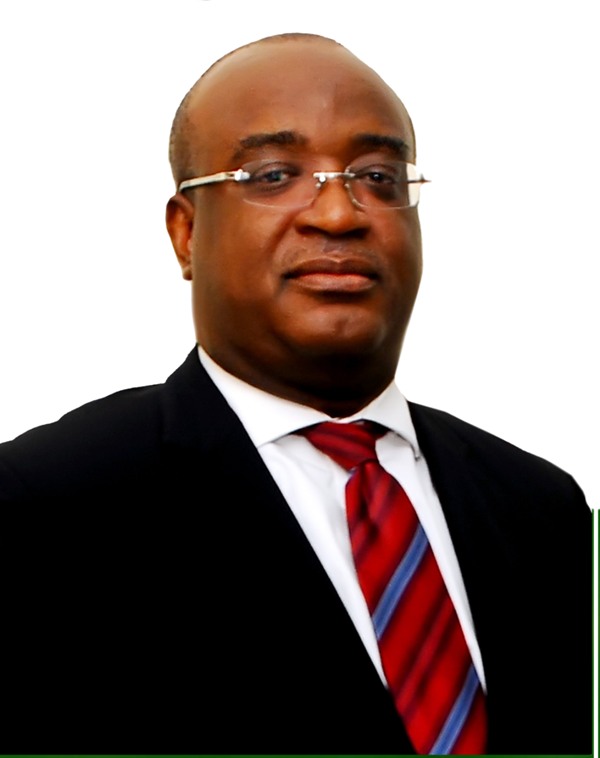
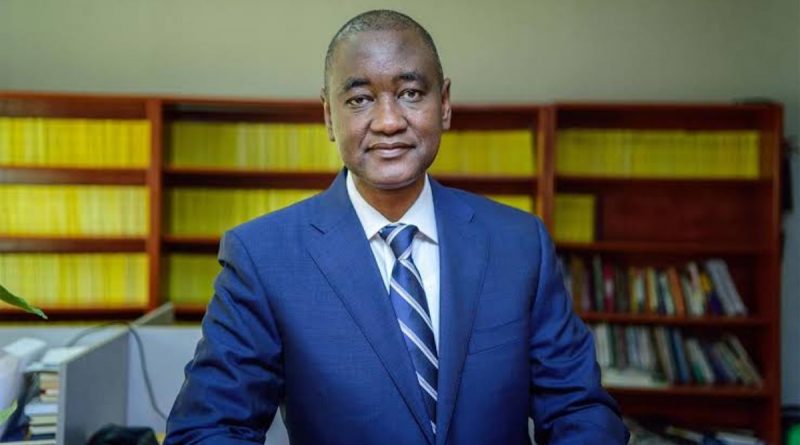
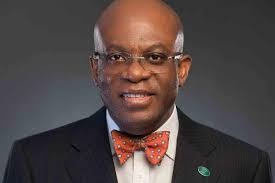
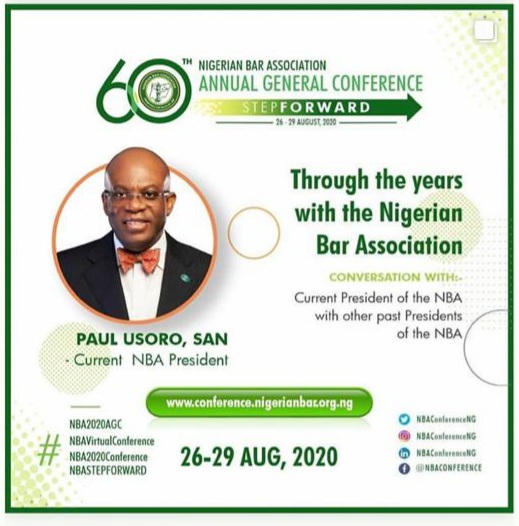
References
1. Taslim, Elias. The Nature of African Customary
Law. 1956.
2.
Methods of Conflict Resolution in African. Ajayi, Adeyinka Theresa and
Buhari, Lateef Oluwafemi. 2014.
3.
Afe, Babalola SAN. Repositioning Legal Education for National Development
(1). 2019.
4.
Peters, Ifeoma. List: NBA Presidents from Inception till Date. 2018.
5.
Thomas, D. O. The Legal Profession in Nigeria at a glance – History, Nature
and Regulations. 2017.
6.
David, Olayinka A. Ibadan and the Beginnings of the Nigerian Bar Association.
2019.
7.
Richard, Ahonaruogho. Rebirth of NBA after 1992 Port Harcourt conference
crises, learning from history or repeating it. 2020.
8.
A, Lawal-Rabana R. The Nigerian Bar Association and the Protection of Rule of
Law in Nigeria .
